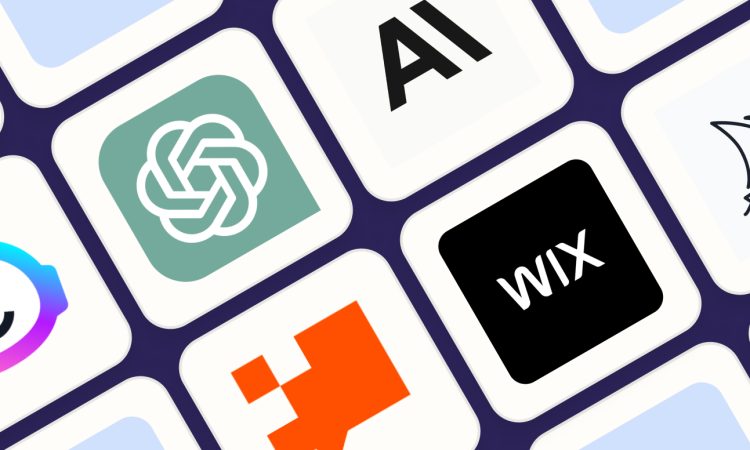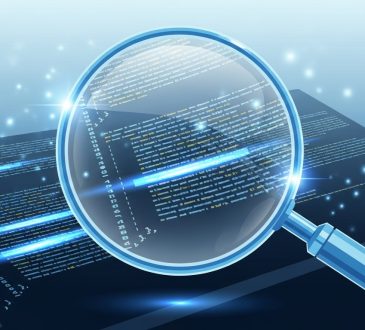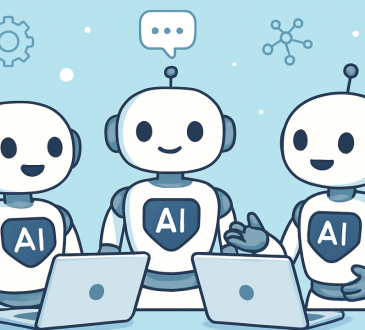Trending AI News: Top Tools, Software, and Platforms Transforming 2025

Artificial Intelligence (AI) is evolving faster than ever in 2025, reshaping industries, streamlining workflows, and transforming the way we interact with technology. Businesses and individuals are seeking smarter, faster, and more intuitive solutions, and the AI ecosystem is responding with an array of tools, software, and platforms that are changing how we innovate. From boosting productivity to fueling creativity, today’s AI technologies are empowering users in ways that were unimaginable just a few years ago.
AI Tools Driving Productivity and Efficiency
AI tools designed to improve productivity are among the hottest trends today. Advanced AI software now handles repetitive, time-consuming tasks, freeing professionals to focus on higher-level, strategic work. Some notable examples include:
- Intelligent document processors: Automatically extract key information, summarize reports, and even draft content, saving significant time.
- AI-powered project management tools: Use predictive analytics to spot potential delays, optimize resources, and provide actionable insights for managers.
- AI-driven customer support: Chatbots and virtual assistants powered by natural language processing (NLP) can resolve complex queries, offer personalized recommendations, and operate 24/7 while continuously learning from interactions.
These tools are helping organizations make smarter, data-backed decisions while improving efficiency and customer satisfaction.
Generative AI: Redefining Creativity
Generative AI is one of the most exciting and transformative trends in 2025. These platforms can create:
- Written content
- Images and designs
- Videos
- Music
For professionals in marketing, design, and entertainment, generative AI is a powerful partner for brainstorming, prototyping, and producing high-quality content quickly.
- AI design software: Generates multiple visual concepts based on user input, helping designers experiment freely.
- Generative writing tools: Aid copywriters and journalists in drafting articles, social media posts, and other content naturally and efficiently.
Generative AI is also transforming scientific research by simulating experiments, designing molecules for pharmaceuticals, and solving complex problems that traditional methods cannot. This accelerates innovation across fields such as medicine and materials science.
AI Platforms Enabling Seamless Integration
While individual AI tools are powerful, platforms that integrate multiple capabilities offer the real magic. Modern AI platforms allow organizations to:
- Deploy machine learning models
- Automate workflows
- Manage data pipelines
Many of these platforms are cloud-based, providing scalable infrastructure and prebuilt models for image recognition, language translation, and predictive analytics. This accessibility lowers the barrier for companies looking to implement AI solutions.
Some platforms are designed to democratize AI, offering:
- User-friendly interfaces
- Drag-and-drop model building
- No-code development environments
This approach allows non-technical users to leverage AI effectively, fostering broader adoption and experimentation.
AI in Specialized Industries
Certain industries are seeing especially transformative impacts:
- Healthcare: AI software analyzes medical imaging, predicts disease progression, and personalizes treatment plans by integrating patient data, research, and real-time monitoring.
- Finance: AI tools assess risk, detect fraud, and automate algorithmic trading by analyzing vast amounts of transaction data in real time.
- Manufacturing, logistics, and supply chain: AI platforms optimize production schedules, monitor equipment performance, and predict maintenance needs, reducing downtime and improving operational efficiency.
These specialized applications highlight AI’s potential to drive measurable improvements across sectors.
Ethical AI and Responsible Adoption
With AI becoming increasingly sophisticated, ethical use and responsible deployment are critical. Developers and organizations are focusing on:
- Transparency and accountability
- Bias detection and explainable AI
- Compliance monitoring
Data privacy and security remain top priorities, as AI relies on large datasets. Modern platforms use robust security protocols, encryption, and user controls to maintain trust and adhere to regulations.
The Future of AI Tools and Platforms
Looking ahead, AI is poised for continued growth and innovation. Key trends include:
- Multimodal AI: Systems processing text, images, and video simultaneously.
- AI in AR and VR: Expanding immersive experiences.
- Human-AI collaboration: Tools that augment decision-making, complementing human skills.
- Integration with IoT and edge computing: Enabling real-time analysis and smarter systems at the edge.
By embracing AI responsibly, businesses and individuals can unlock unprecedented creativity, efficiency, and insight.
Conclusion
The AI landscape in 2025 is dynamic, innovative, and transformative. From productivity-enhancing tools to generative platforms and integrated ecosystems, AI is redefining how we work, create, and innovate. Staying informed about emerging tools and trends is essential for businesses, professionals, and enthusiasts. The future promises AI that is more powerful, accessible, intuitive, and integrated than ever before.




